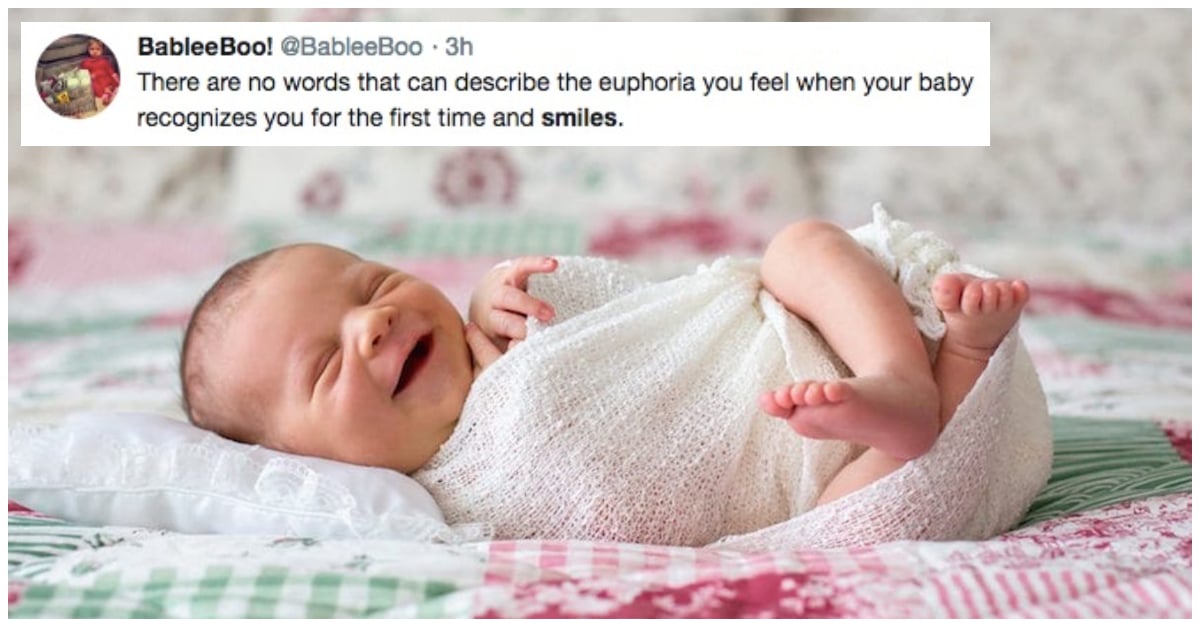
There's no feeling in the world like watching a newborn baby smile up at you. Those smiles look and feel so genuine. But conventional wisdom has always said that newborns can't actually smile.
"Babies are too young to know what smiling means," people say.
"It's just a reflex," they say. Or, "It's gas."
Well, conventional wisdom might just be wrong. Emese Nagy, MD, a researcher in the psychology of newborns at the University of Dundee, has examined much of the research out there on this topic. On the news site the Conversation, she writes that there's plenty of evidence that baby smiles are real after all. Not gas, and not just a reflex.
“There have long been signs that newborn smiles could signal positive emotions to some extent,” Dr. Nagy writes. “To many of us in the field, it is at the very least clear that these smiles are definitely more than just a reflex."
Yes! Score.
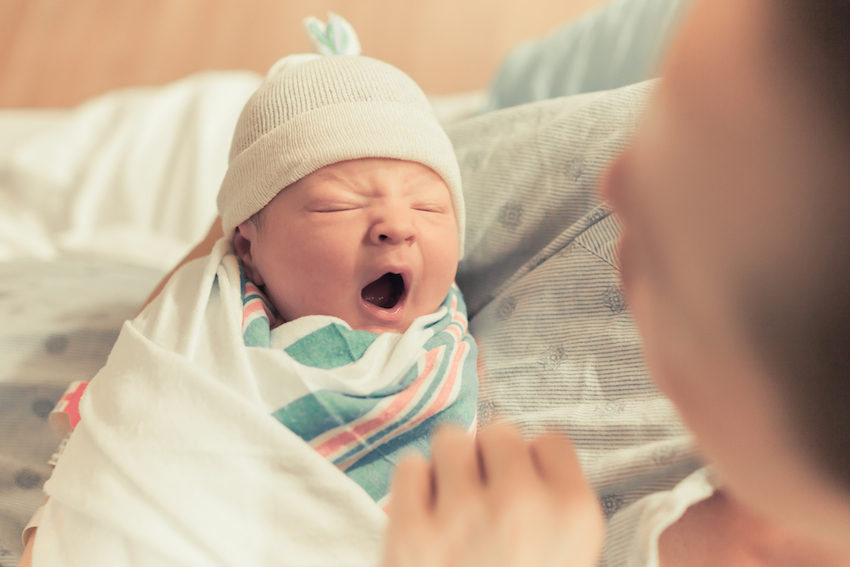
According to Dr. Nagy, both researchers and common folk have long believed that newborn smiles don't really "count."
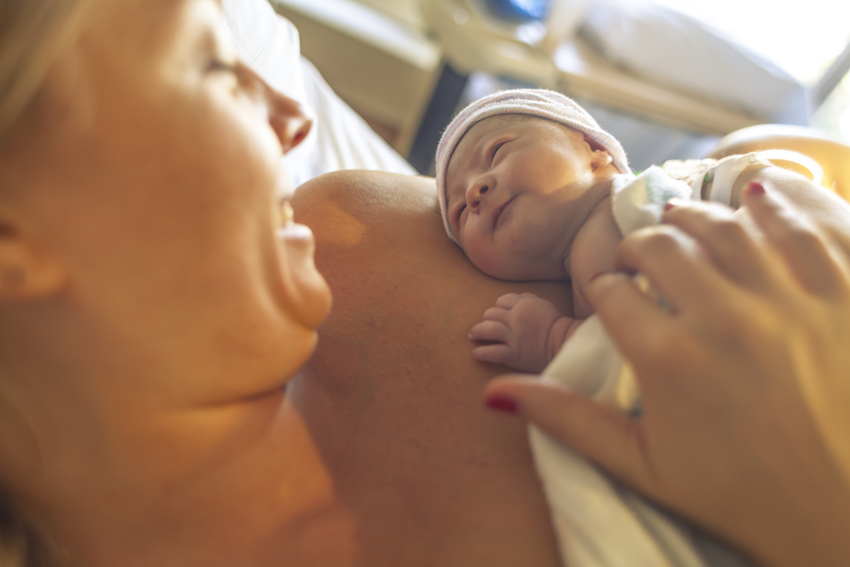
Since babies can't quite think yet, it would make sense that their smiles aren't purposeful. Instead, people explain those adorable smiles away by saying that they're caused by gas or a reflex.
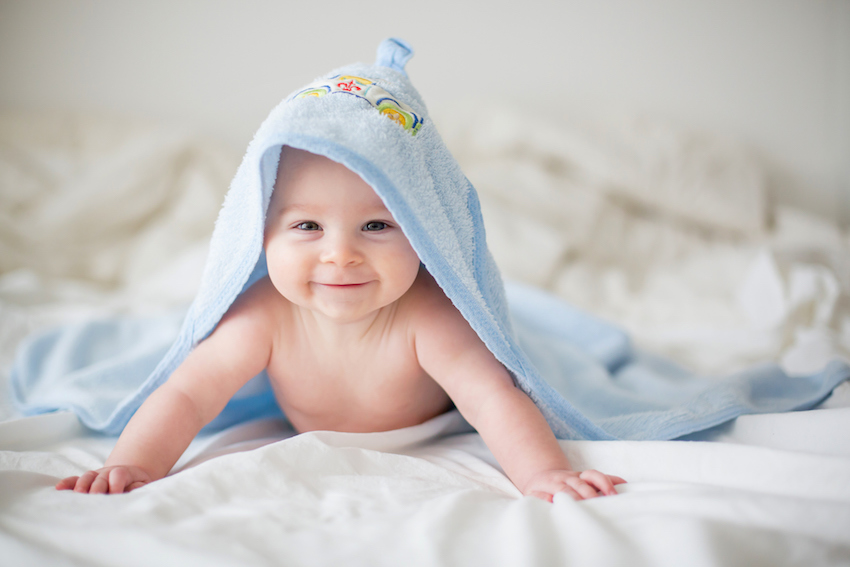
Meanwhile, researchers agreed that newborn smiles weren't "real" because they only involved the mouth, whereas adult smiles also involve the muscles around the eyes.
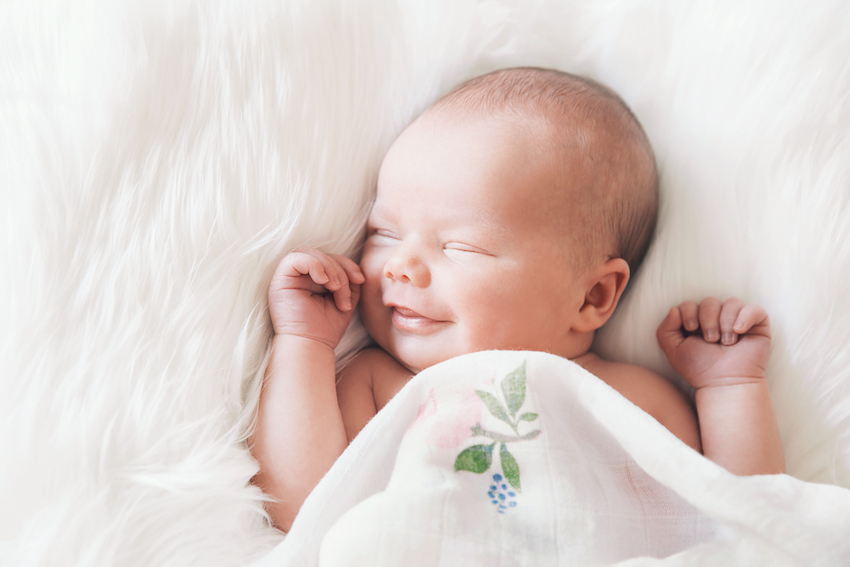
However, evidence now shows newborn smiles could actually be as real as yours or mine.
"To many of us in the field, it is at the very least clear that these smiles are definitely more than just a reflex," Dr. Nagy writes on the Conversation.
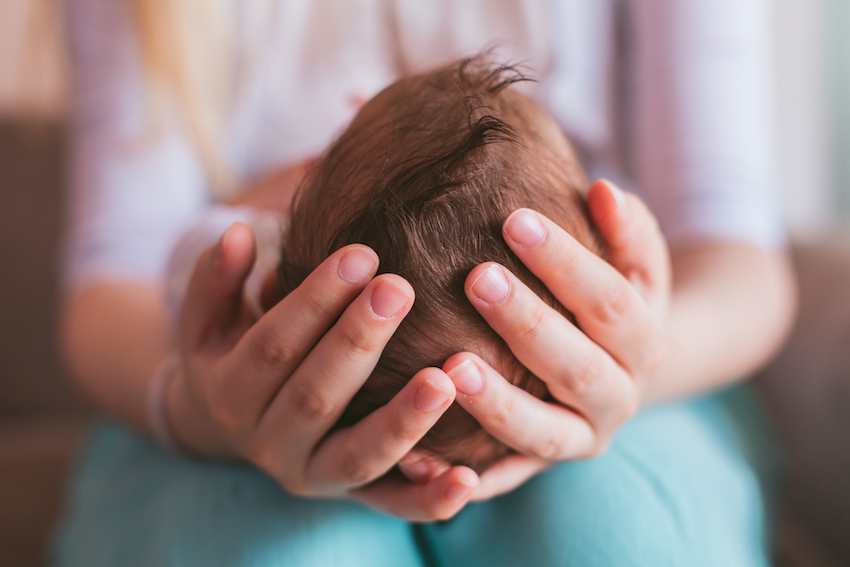
First, research shows that other muscles in the face actually are involved in newborn smiles.
"Babies often start with moving their cheeks and their brows before they smile, as if focusing their attention on the caregiver’s face,” Dr. Nagy explains. “So it is completely possible that these newborn babies actually mean to smile.”

And second, there's evidence that babies are far more sophisticated and complicated than the un-thinking, un-feeling blobs that people assume they are.
Babies actually can feel pain at the same level as adults. And they can self-regulate to manage their emotions and needs.
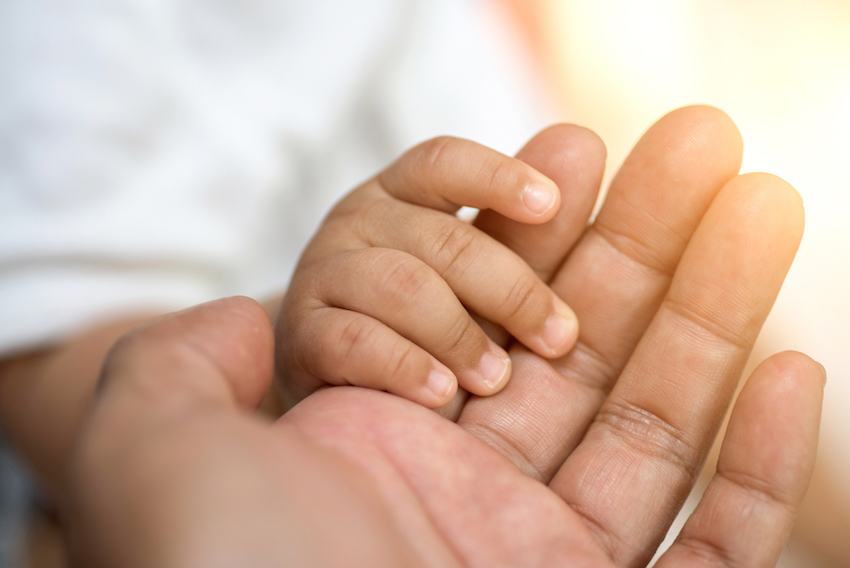
While many babies don't give their first smile until after a few weeks, Dr. Nagy writes that some babies initiate their own smiles as early as the first 36 hours of life.
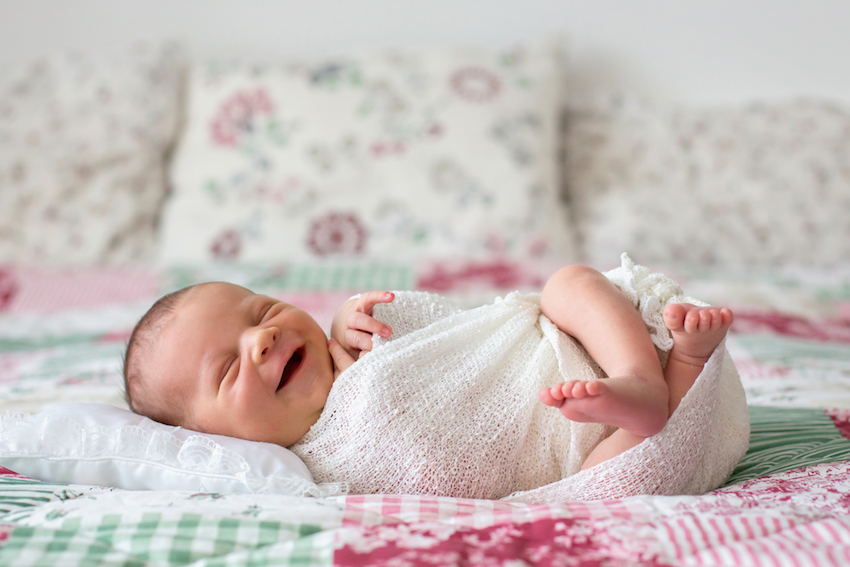
“Smiles have been noted in the first few days of life as a response to stroking of the cheek or the belly. Newborns also smile in response to sweet tastes and smells,” Dr. Nagy explains.
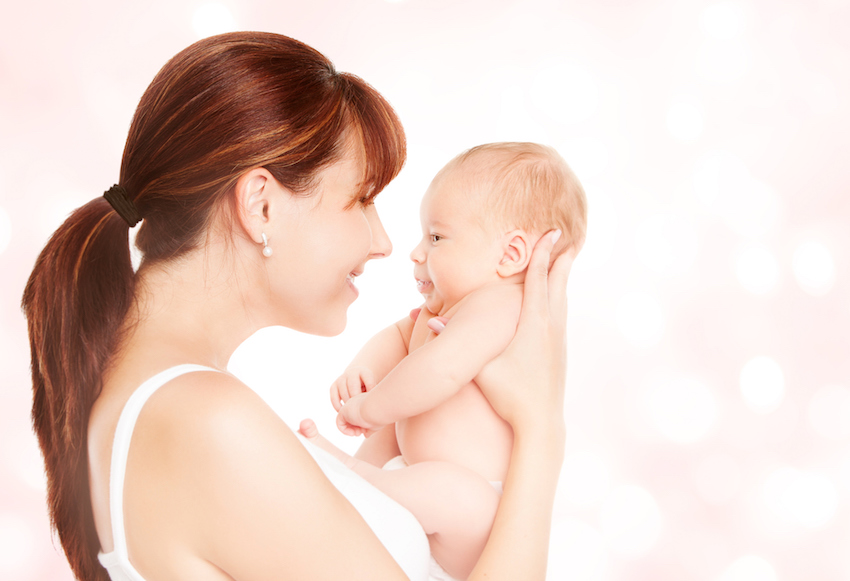
Baby smiles are often a response to a loving expression or gesture from a loved one.
“Babies learn about the power of smiling early,” Dr. Nagy says.
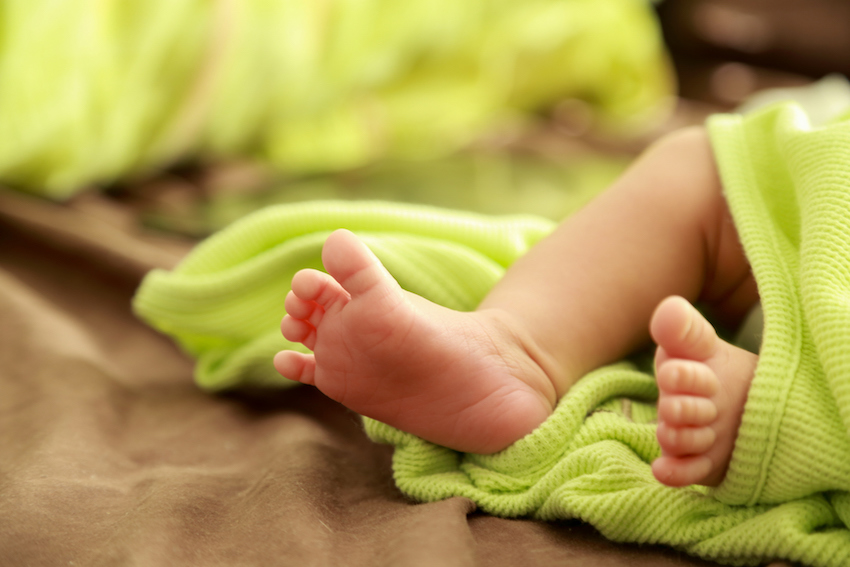
She continues: “While caregivers often smile at their newborns, this behavior will be dependent on the baby’s state — they are less likely to smile if the baby is crying. As a result, babies quickly gain a remarkable ability to regulate the behavior of their parents. If a baby keeps eye contact, blinks and smiles, their parent will likely smile back — making the smile rewarding.”
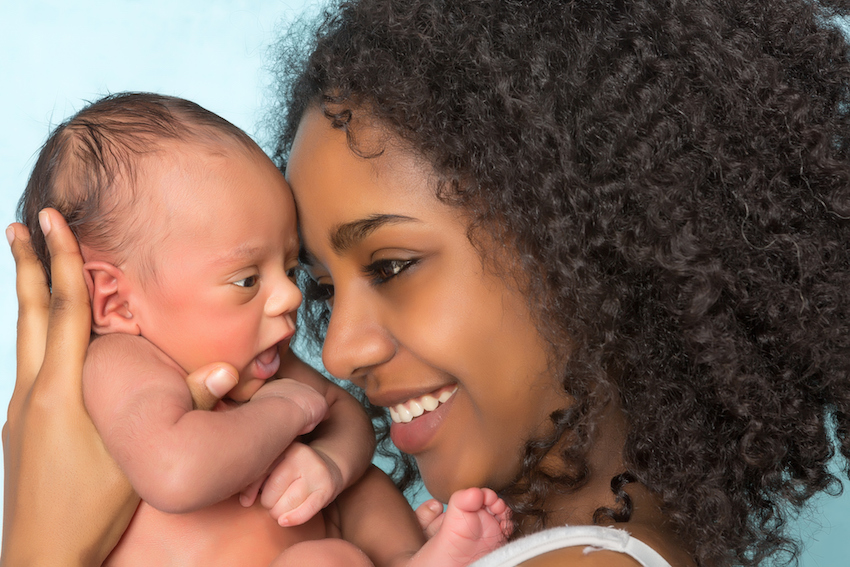
Also, babies smile significantly more when they're awake and interacting than when they're asleep, which implies that the smile is social and purposeful rather than random.
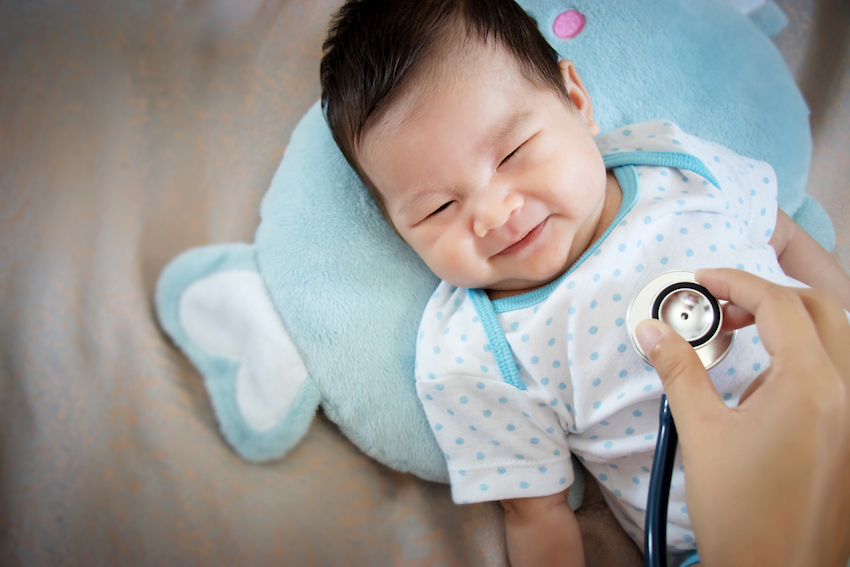
Regardless of the exact reasons that babies smile, there's no doubt that it gives new mamas the most amazing, joyful feeling inside.
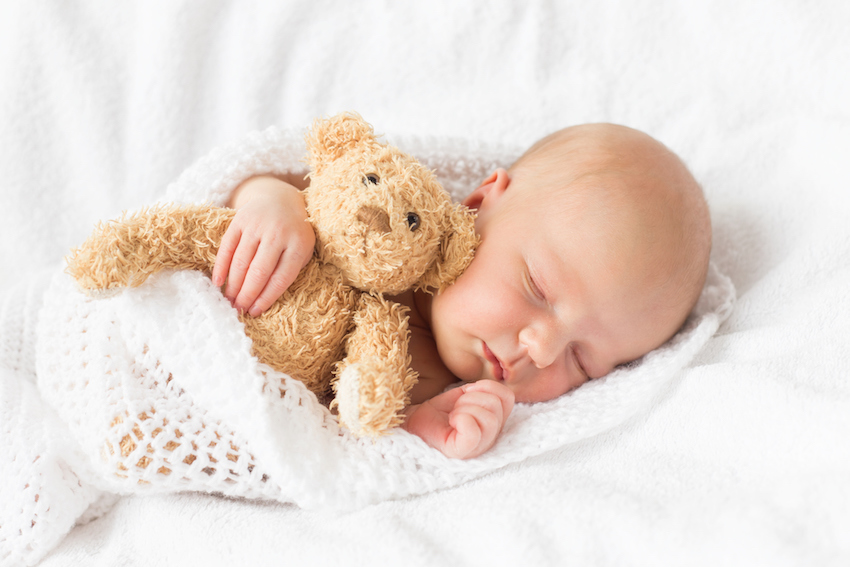
To many moms, there has never really been any doubt that the smiles mean something.
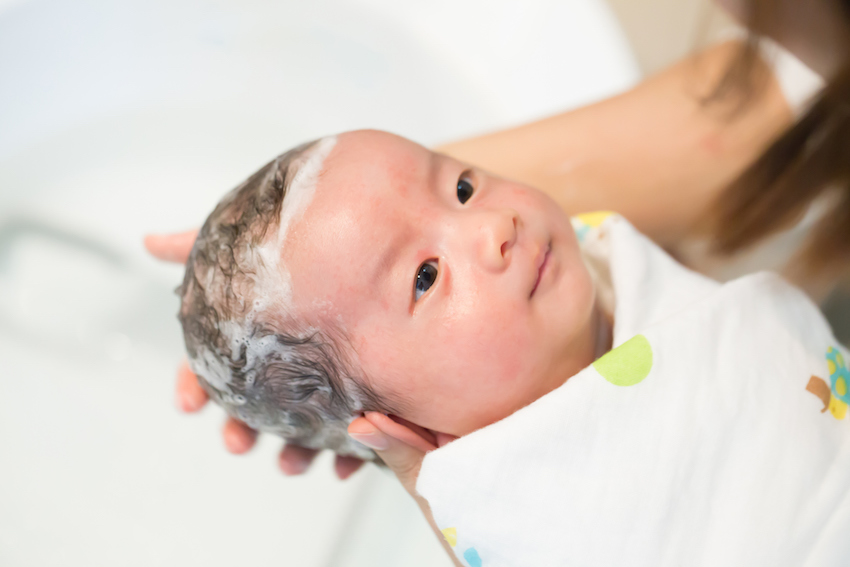
But now, there's research on their side.




